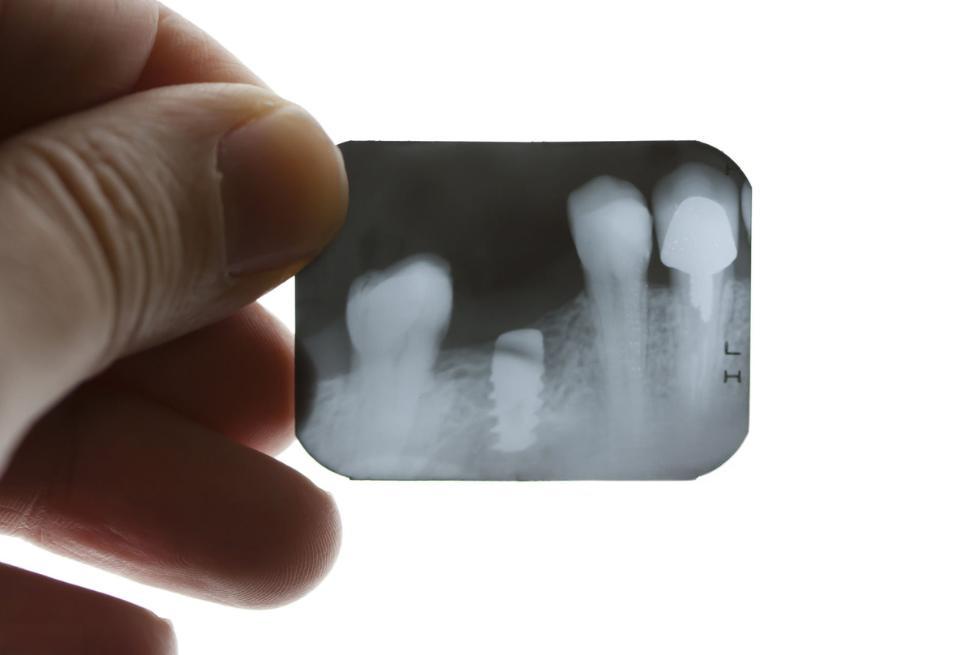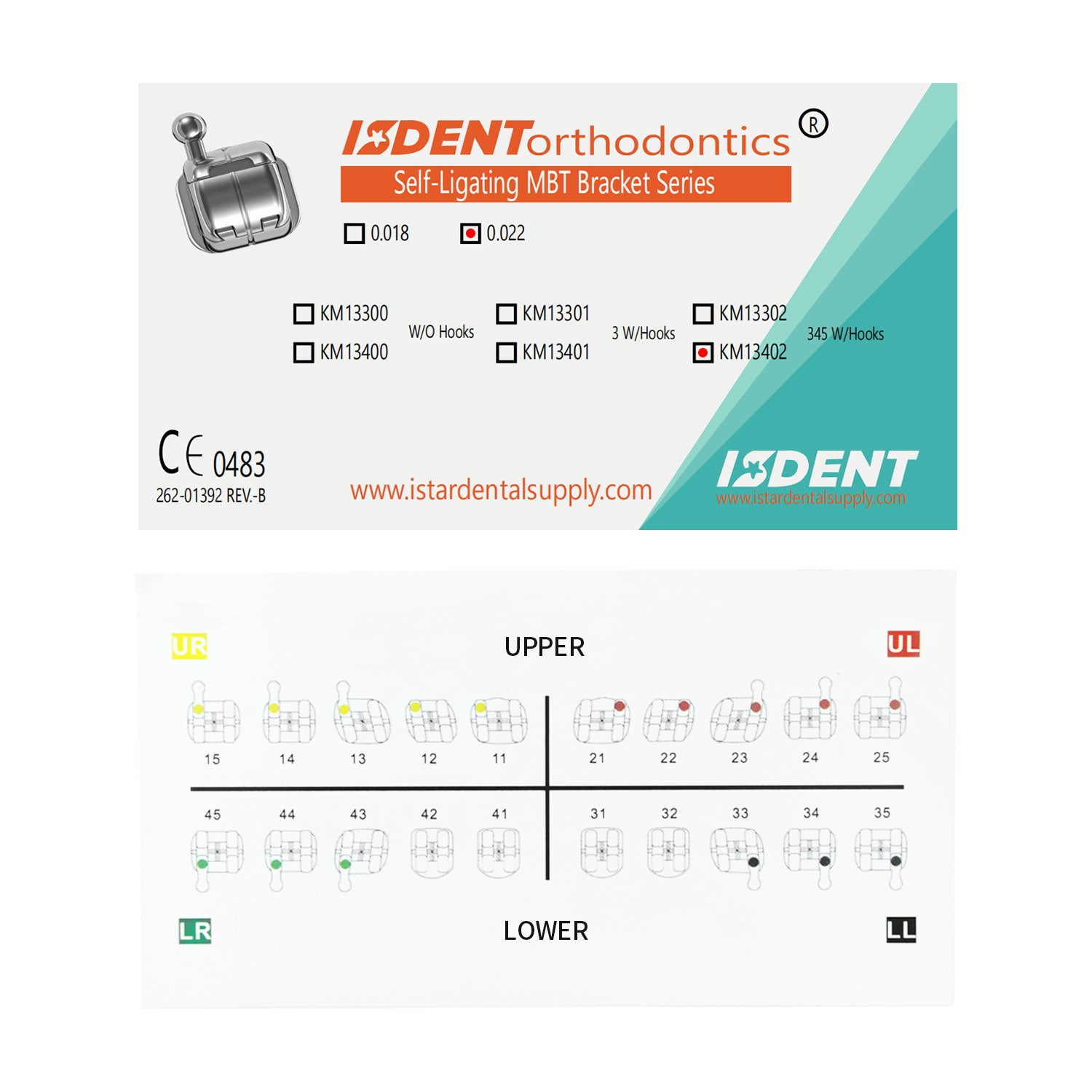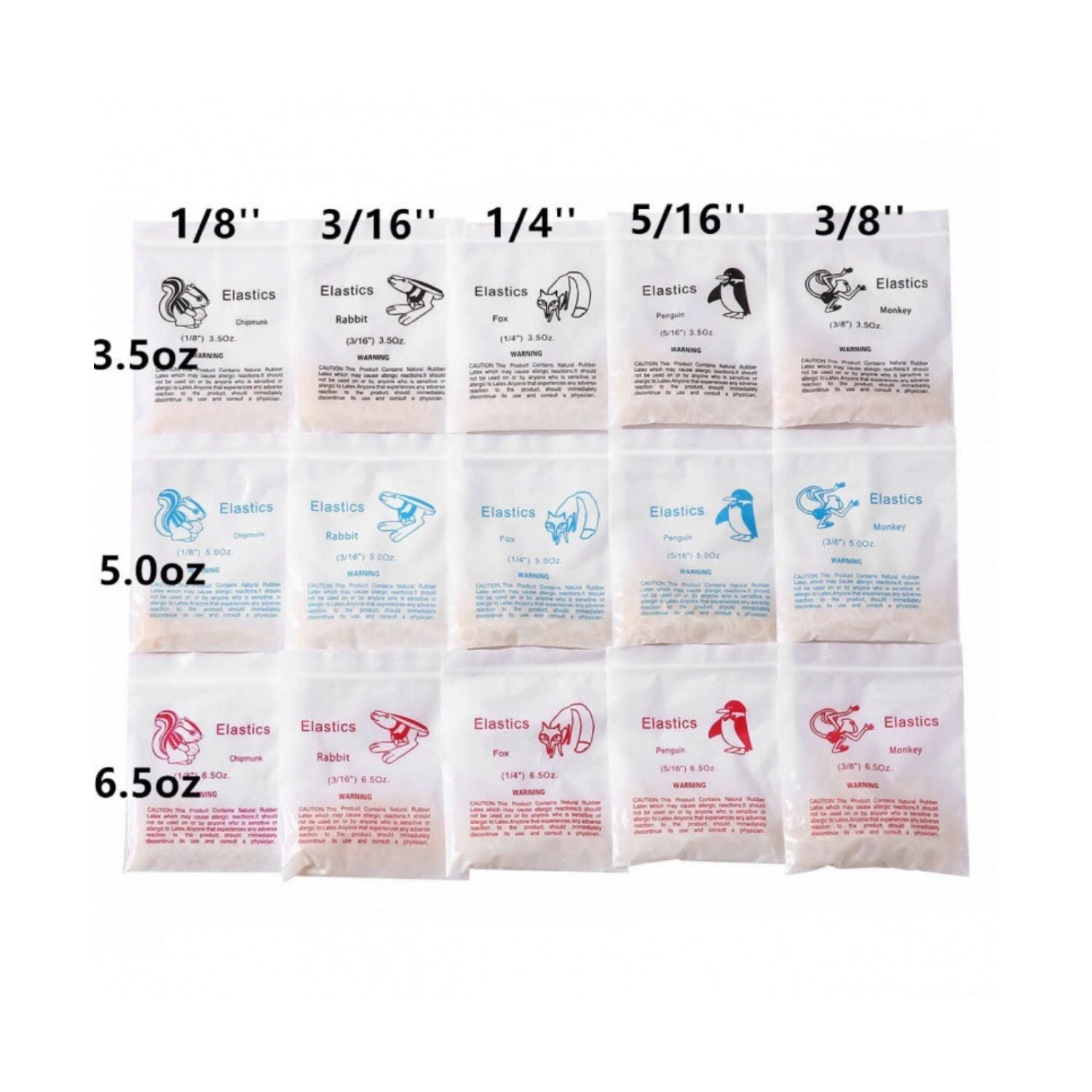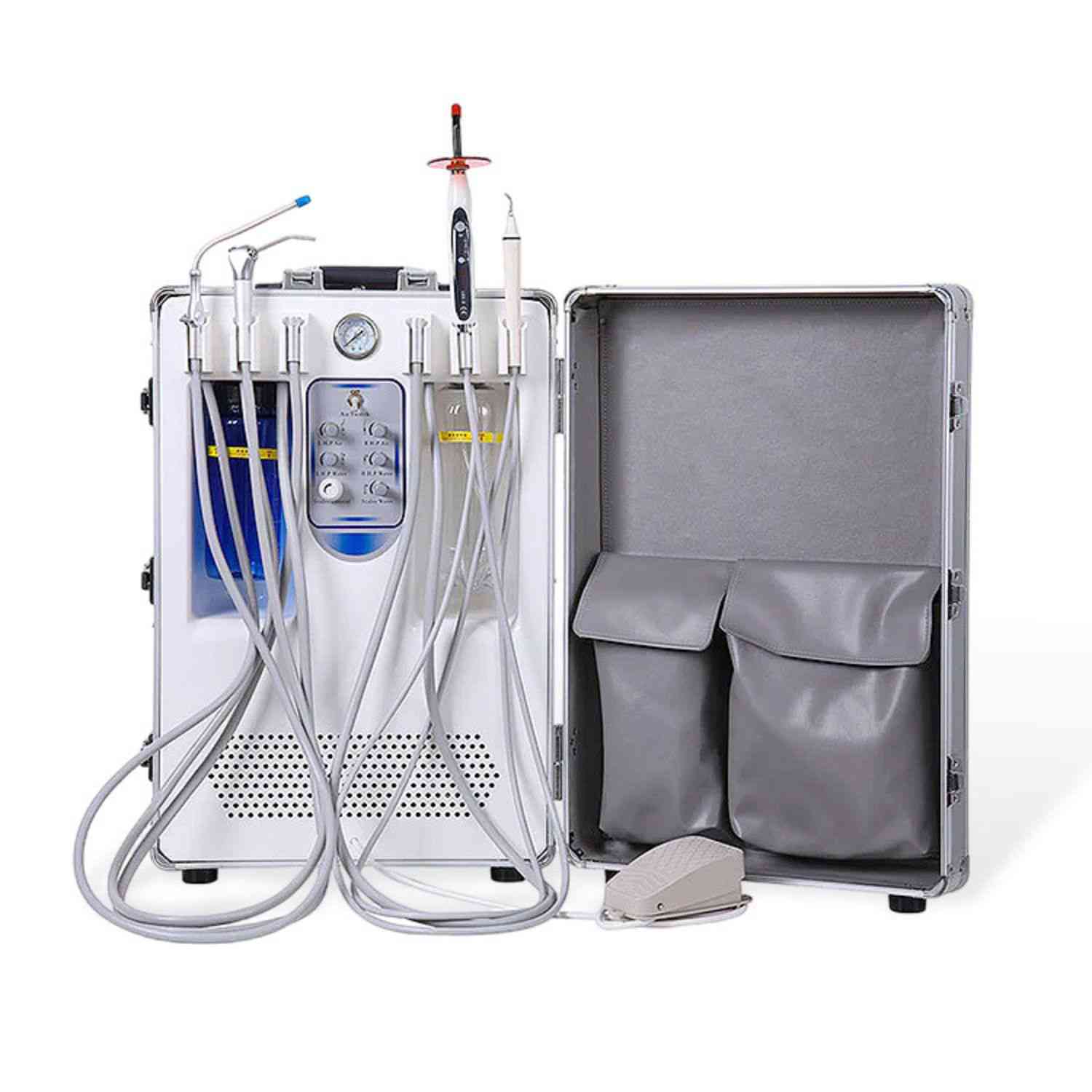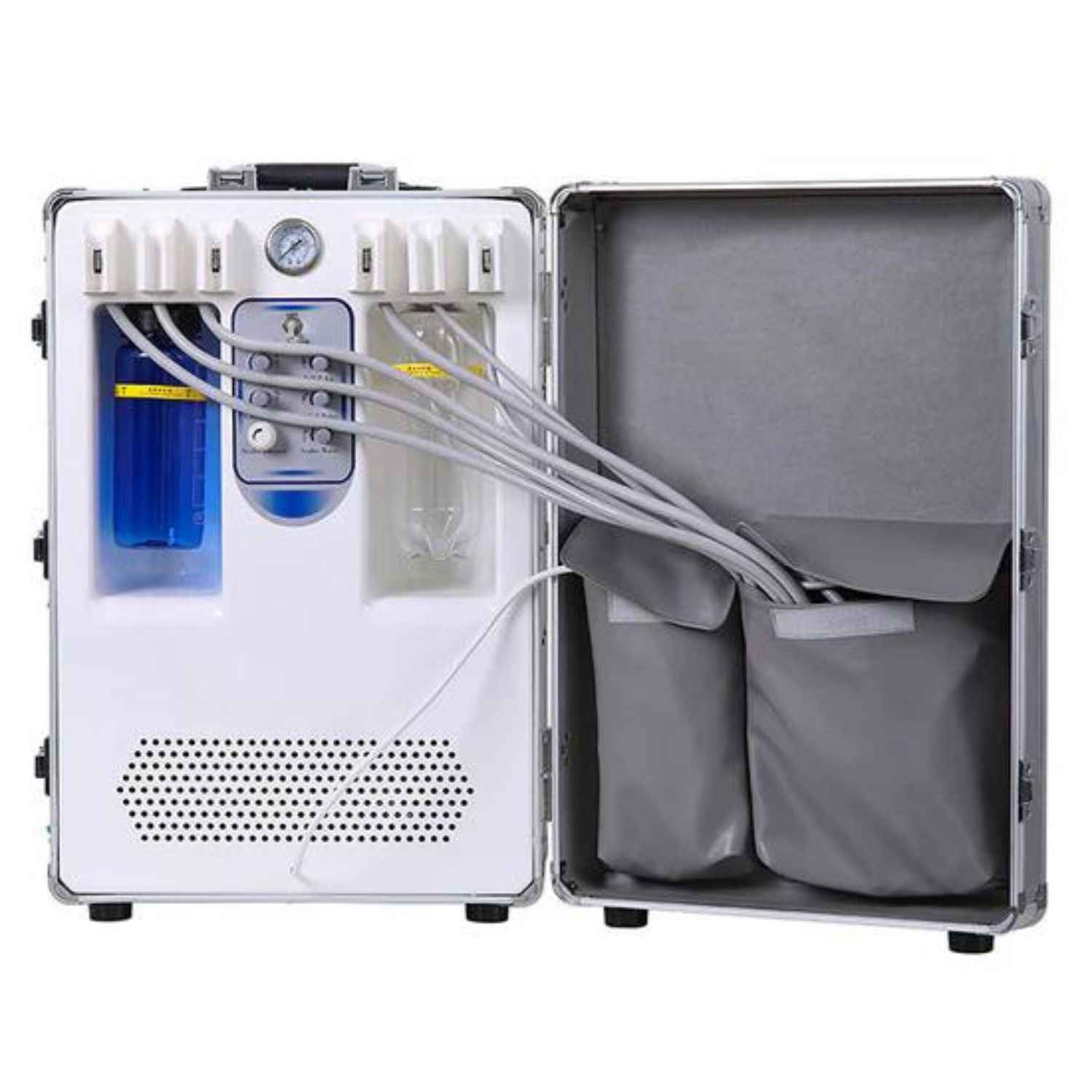Can Your Dental Implant Become Infected and Cause Problems Years Later?
People think once a procedure is done, it's done for good. This is especially true for a dental implant. Many people I’ve talked to believe it's a permanent, worry-free solution for missing teeth. And for the most part, they are right. Dental implants are widely recognized for their high success rate. But what happens down the road? Can that solid, reliable dental implant you got years ago suddenly become infected? The short answer is yes. It's not common, but it can happen, and it's something you need to know about.
This article is for you if you have a dental implant or are thinking about getting one. I'm going to walk you through why implants can get infected years after your dental implant procedure. We will talk about the warning signs, what causes it, and most importantly, what you can do to stop it. I’ll keep it simple and clear, so you can protect your investment and your smile for years to come. Understanding these potential complications is the first step to avoiding them.
What Is a Dental Implant and Why Do We Get Them?
What is a dental implant? Think of it as an artificial tooth root. It's usually a small, screw-like post made of titanium. A dentist or surgeon places this post into your jawbone where you have missing teeth. Over time, your bone grows around the implant, locking it in place. This process makes it super strong and stable. Once the post is secure, your dentist attaches a crown on top. The crown is the part that looks like a real tooth.
So, why do people choose this tooth replacement option? For many, it's the best solution for missing teeth. Unlike dentures, a dental implant doesn't slip or click when you talk or eat. It feels and works just like your natural teeth. It also helps keep your jawbone healthy. When you lose a tooth, the bone underneath can start to shrink. A dental implant stimulates the bone, just like a real tooth root, and helps prevent bone loss. This is why so many people feel it's a great long-term choice for their oral health.
Can Dental Implants Get Infected Years Later?
Now for the big question. You had your implant procedure years ago. Everything has been fine. Can it still get an infection? Yes, it can. This is one of the main dental implant problems years later. An infection that happens a long time after the implant is placed is called a late dental implant infection. It may seem strange that something can go wrong so many years down the road, but it’s possible.
The reason dental implants can get infected is because, just like a real tooth, they are surrounded by gum tissue. Bacteria can build up around the implant and attack the gum and bone. This is why good oral hygiene is so important for the rest of your life. An infection doesn’t always happen right after surgery. Sometimes, changes in your health or habits can make your dental implant susceptible to infection even years after placement. So yes, implants get infected years later, and knowing this is key to prevention.
What Is Peri-Implantitis and Why Is It a Big Problem?
When we talk about a dental implant infection, we are often talking about a specific condition. This condition is known as peri-implantitis. The word "peri" means around, and "implantitis" means inflammation of the implant area. So, peri-implantitis is an infection and inflammation in the gum and bone around your dental implant. It is a lot like gum disease (periodontitis) that affects natural teeth.
Why is this such a big deal? Peri-implantitis starts by making the gum around the dental implant red and swollen. If you don't treat it, the bacterial infection gets worse. It starts to destroy the bone that holds your implant in place. This is a very serious problem. The main job of a dental implant is to be firmly anchored in your bone. If you have infection and bone loss, the implant can become loose. In the worst cases, this can lead to implant failure, and the implant may need to be removed.
What Are the Main Causes of a Late Dental Implant Infection?
So, what causes implant problems to happen years later? It's usually not just one thing. Often, a few factors work together to cause problems years later. The number one cause is poor oral hygiene. If you don't brush and floss well around the implant, plaque builds up. This plaque is full of harmful bacteria that can infect the gum. This is the most common reason for a dental implant to get sick.
Other things can also increase the risk. Smoking is a big one. It reduces blood flow to your gums, making it harder for them to heal and fight off infection. Certain health problems, like diabetes that isn't controlled well, can also make you more likely to get an implant infection. A history of severe gum disease on your other teeth is another warning sign. These are some of the main causes of dental implant infections that can show up long after the initial dental implant procedure. Understanding the causes of dental issues is a big step to avoiding future problems.
How Do I Know if My Tooth Implant is Infected?
It’s important to know the early warning signs of trouble. An infection doesn't just appear overnight. It starts small. The sooner you notice something is wrong, the easier it is to fix. A healthy dental implant should feel completely normal. The gum around it should be pink and firm, and it shouldn't hurt at all. If anything changes, you should pay attention.
The first step is to look at the area around your implant every day when you brush. Do you see any redness or puffiness in the gum? Does it bleed when you brush gently? Bleeding is never normal for a healthy dental implant. Does the area feel tender or sore? These are the first clues that you might have a problem. Catching it at this stage gives your dentist the best chance to treat the issue before it causes serious damage, like bone loss.
What Are the Implant Infection Symptoms I Should Watch For?
If you think your tooth implant is infected, you need to know the specific signs. I've put together a simple checklist to help you. These are the most common implant infection symptoms. If you notice any of these, it’s time to call your implant dentist right away. Don't wait to see if it gets better on its own. It usually gets worse.
Here is a checklist of what to look for:
|
Symptom Checklist: Is My Implant Infected? |
|
Gums: Are your gums red, swollen, or puffy around the dental implant? |
|
Bleeding: Does the gum bleed when you brush or floss? |
|
Pain: Do you feel a dull ache or sharp pain from the implant area? |
|
Pus: Can you see any white or yellow fluid (pus around the implant) when you press on the gum? |
|
Bad Taste/Smell: Do you have a bad taste in your mouth or bad breath that won’t go away? |
|
Loose Implant: Does the dental implant or the crown on top feel wobbly or loose? |
|
Trouble Chewing: Is it suddenly painful to chew on that side of your mouth? |
|
Gum Recession: Does it look like the gum is pulling away from the implant, exposing the metal? |
Any of these can be a sign of infection. Seeing pus or feeling the implant move are signs of a more severe infection. You must see a professional as soon as you can.
What Happens If My Dentist Finds an Infection in My Dental Implant?
Let's say you visit your dentist, and they confirm you have an infection after dental implant placement. What happens next? The first thing your dentist will do is figure out the severity of the infection. The treatment will depend on how advanced the problem is. If it's caught early, the treatment can be simple. It might just involve a special, deep cleaning around the implant site.
Your dentist or a hygienist will clean the infected area to remove the plaque and bacteria causing the problem. They might also give you a special mouth rinse or even an antibiotic to help fight the infection in dental implants. They will also talk to you about your oral hygiene at home to make sure you are cleaning correctly. This is often enough to stop the infection and inflammation and let the gum heal.
If the infection is more serious and there is already some bone loss, the treatment becomes more complex. Your dentist might need to perform a small surgery on the gum to get better access to clean the infected dental implant. In some severe cases, they may need to add a bone grafting material to help rebuild the lost bone. If the bone loss is too great and the implant is loose, the best course of action might be the removal of the implant. Then, you might have to wait for the area to heal before considering a new implant.
How Can I Prevent an Implant Infection from Happening?
The best way to deal with an implant infection is to never get one. So, how do you prevent implant problems? The answer is simple: with excellent dental care. Taking care of a dental implant is just as important as taking care of your natural teeth. You need to be dedicated to keeping it clean every single day. This is the foundation of long-term care for dental implants.
This means brushing twice a day and flossing once a day. It is very important to clean the area where the implant meets the gum. There are special types of floss and small brushes designed to get into the tight spaces around your implant. Your dentist or hygienist can show you the best tools and techniques to use. Proper care is your best defense against bacteria and infection. If you take great care of your dental implant, you have a very good chance of it lasting a lifetime without any implant complications.
Does Poor Dental Care Really Increase the Risk of Implant Failure?
I get asked this question a lot. People wonder if skipping flossing now and then really makes a difference. The answer is a huge YES. Poor oral hygiene is the number one thing that will increase the risk of implant problems and lead to implant failure. A dental implant itself can't get a cavity, but it can fail if the foundation—the bone and gum around it—is not healthy.
Think of it like a house. Your beautiful dental implant is the house. Your jawbone is the foundation. If the foundation starts to crumble because of a constant attack from bacteria (plaque), the house will become unstable and eventually fall. That's exactly what happens with peri-implantitis. The plaque buildup causes an infection that eats away at the bone. This process can be slow, but it is steady. That's why consistent, daily care is not just a suggestion; it's a requirement for success.
What Is the Long-Term Care for Dental Implants I Need to Follow?
So, what does great long-term care look like? It’s a partnership between you and your dental team. Your part is the daily cleaning at home. Their part is to monitor your dental implant and your overall oral health during regular dental visits. These dental check-ups are not optional. You should see your dentist for professional cleanings at least twice a year, or however often they recommend.
During these routine dental visits, your hygienist will clean your dental implant in ways you can't at home. Your dentist will check the health of your gum tissue. They will measure the small space between your gum and the implant to check for early signs of trouble. They will also take x-rays from time to time to look at the bone level around the implant. These regular dental visits are critical for catching dental implant problems early, long before you might notice any symptoms yourself. This proactive approach is the best course to ensure your dental implant stays healthy for life.
A Few Final Thoughts (FAQ)
Q1: Can an old dental implant suddenly start to hurt? Yes. Sudden pain in an old dental implant is a major warning sign. A healthy implant should be pain-free. If you feel pain, it could be a sign of infection, a loose part, or pressure on a nerve. See your dentist immediately.
Q2: What are the different types of dental implant infections? There are two main types of dental implant-related problems. The first is mucositis, which is just inflammation of the gum around the implant, with no bone loss. It's reversible with good cleaning. The second is peri-implantitis, which involves both gum inflammation and bone loss. This one is much more serious.
Q3: Can a damaged crown on an implant cause an infection? It can. A chipped or cracked crown can create rough edges where bacteria can easily hide. Also, if the crown becomes loose, it can create a gap between the crown and the dental implant, allowing bacteria to get down into the tissues surrounding the implant. Any damage to your crown should be fixed by your dentist.
Key Takeaways to Remember
To wrap things up, I want to leave you with a few key points. A dental implant is a fantastic technology, but it needs your help to last.
-
Yes, implants can get infected years later. This is a real risk called peri-implantitis, which is a gum disease for implants.
-
Good oral hygiene is your best defense. Brush and floss around your dental implant every single day, without fail. This is how you prevent implant issues.
-
Know the warning signs. Look for red, swollen, or bleeding gums, pain, or a loose feeling. These are the main implant infection symptoms.
-
See your dentist regularly. Professional cleanings and check-ups are essential. Your dental team can spot problems you can't see or feel, especially infection and bone loss.
-
Don't ignore problems. If you think something is wrong with your infected dental implant, call your dentist right away. Waiting will only make the problem worse and harder to treat, and could lead to implant loss.

